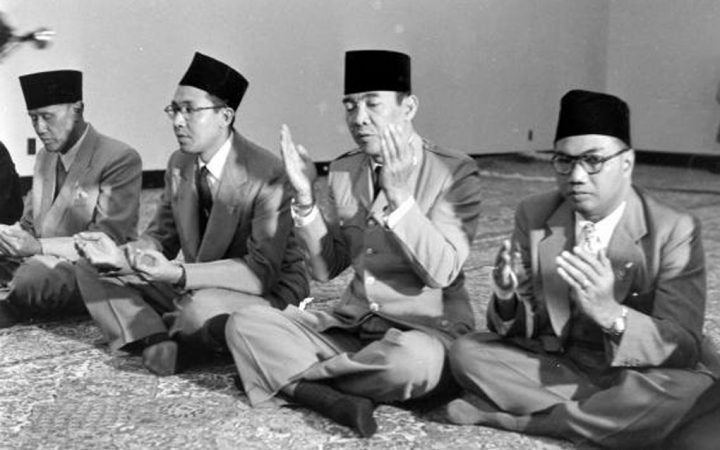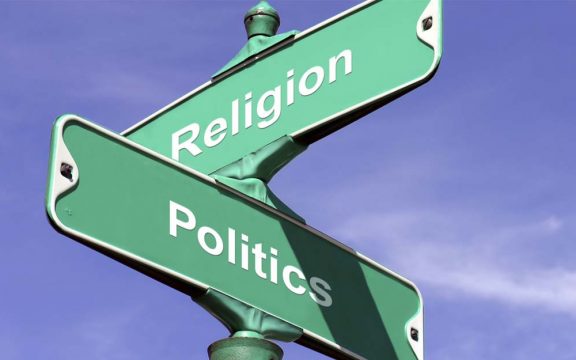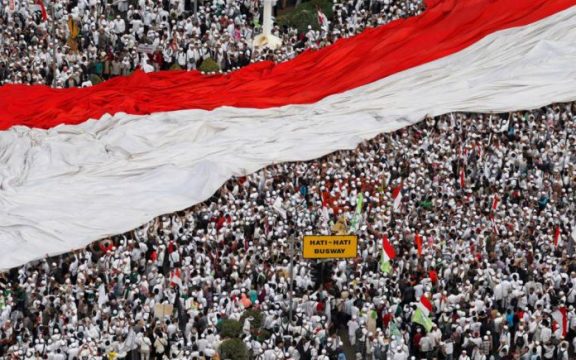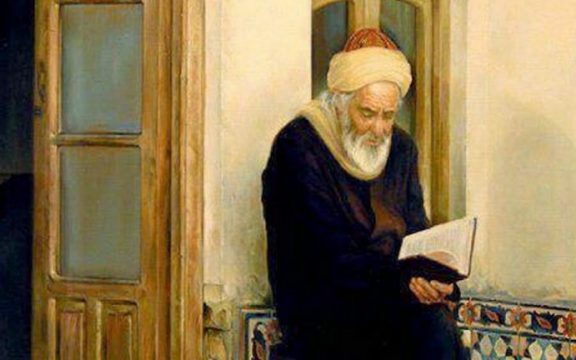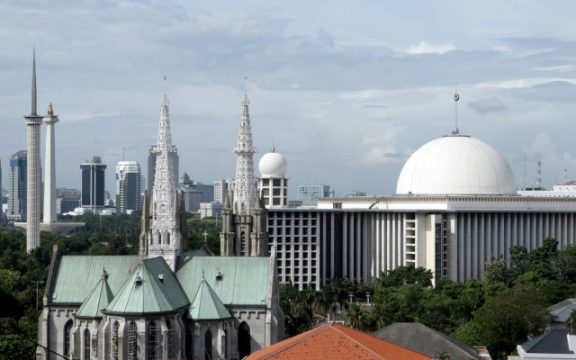There is a very interesting question to find the answer for: is there really an Islamic concept of the state? To what extent is the concept felt by Islamic thinkers themselves? And what are the consequences of this concept if it exists? Such questions need to be raised here, since many thoughts regarding the Islamic State have been proposed during recent years, which implies that those who do not acknowledge the thoughts are considered to have deviated from Islam.
The answers to the questions in the author’s view can be simplified in just three words: there is none. The author’s assumption is that Islam, as a way of life (sharia), does not have a clear concept of a state. Why does the author think so? Because throughout his life, the author has been searching in vain for something that can be called an Islamic State. Even until today, he has not found any, so it is no mistake to reach the conclusion that Islam does not have any concept of how a state should be formed and maintained.
There are two basic reasons for answering that there is no standard opinion in the Islamic world concerning the State. First, Islam does not recognize a clear and definite view of the succession of its leaders. Prophet Muhammad PBUH was succeeded by Abu Bakr –three days after his death. During that time the Muslims, at least in Medina, waited patiently for the scarce hints as to how it would be solved. After three days, all agreed that Abu Bakr would succeed the Messenger of Allah through a bai’at (oath). The oath was declared by the heads / representatives of each tribe, and thus the Muslim community was able to avoid a leadership disaster. Before his own death, Abu Bakr declared to the ummah (community of Muslims) that Umar ibn Khattab should be chosen to replace him. Thus, a method of successorship was in place before the current leader died. This is certainly the same as in this modern age when a Vice President is appointed to replace a President.
After Omar was stabbed by Abu Lu’luah and was at the end of his life, he requested that his successor be chosen by an electoral council (ahl halli wal aqdli), consisting of seven people, including his own son, Abdullah, who was not allowed to be chosen as his successor. The council agreed to appoint Utsman ibn Affan as head of state and head of government. Utsman was succeeded by Ali bin Abi Thalib. At that time, Abu Sufyan was preparing his grandson to fill the position following Ali bin Abi Thalib. By then, a royal system had emerged, in which all candidates for King or Sultan within Islam, until the end of the Usmaniyyah Caliphate (Ottoman Empire), were members of clans and their descendants. This is what became what “political Islam” regards as the prototype of government that should be adopted as an “Islamic formula” in general.
***
Similarly, Islam has never been clear in conceptualizing the size and limits of the state. Prophet Muhammad left Medina without any clarity about its form of government for the Muslims. By the time of Umar ibn Khattab, Islam was a world empire reaching from the eastern shores of the Atlantic Ocean to Southeast Asia. It turns out that there has never been clarity as to whether the scope of an Islamic state is global or only one nation (with ethnic consciousness) or whether it is better conceptualized as a city-state.
In this case, Islam resembles communism: what must come first, the socialization of a nation-state unified under a single ideology as a state, or waiting until the whole world has been Islamized, and only then thinking about the state and its ideology? Following the analogy of the Communist state, Joseph Stalin or Leon Trotsky? Of course, the debate should not lead to what Stalin did, having Trotsky killed in Mexico.
This is very important, since raising the idea of an Islamic state without any conceptual clarity means allowing it to be torn apart by the different views of the Islamic leaders themselves. In Iran, for instance, in the current dispute between “moderate leaders” like President Khatami and conservative Mullahs like Khamenei, the only thing they agree on is the name “Islam” itself. Perhaps they also disagree on what “kind” of Islam will be applied in their country. Should it be Shia Islam or something more “universal”? Should it follow the concept of the said Shia, doesn’t it mean the idea of the Islamic State belong to a minority, since Shiism (the teachings from Shia’s concept) is only a view of one in the eight Muslims in the world?
It is clear enough that the idea of an Islamic state is not fully conceived and is not acknowledged by majority of Muslims. It is held only carried by a number of leaders, who mostly view Islam from institutional point of views. Not to mention, would those who reject the idea still be considered as Muslims or not? an important issue considering that they are the majority of followers of the religion.
The idea will fall apart if we continue to ask questions: in what ways will the Islamic state be realized? By means of terror or by “punishing” the non-Muslims? What about the Muslim thinkers who defend the rights of non-Muslims, as the author does? The author will be labelled a terrorist, although he is strongly against the use of violence to achieve any goal. Why should he be responsible for the actions of the terrorist minority?
The article is translated from an essay titled Negara Islam, Adakah Konsepnya? written by Abdurrahman Wahid
![Islami[dot]co](https://en.islami.co/wp-content/themes/jambualas/images/logo.png)
